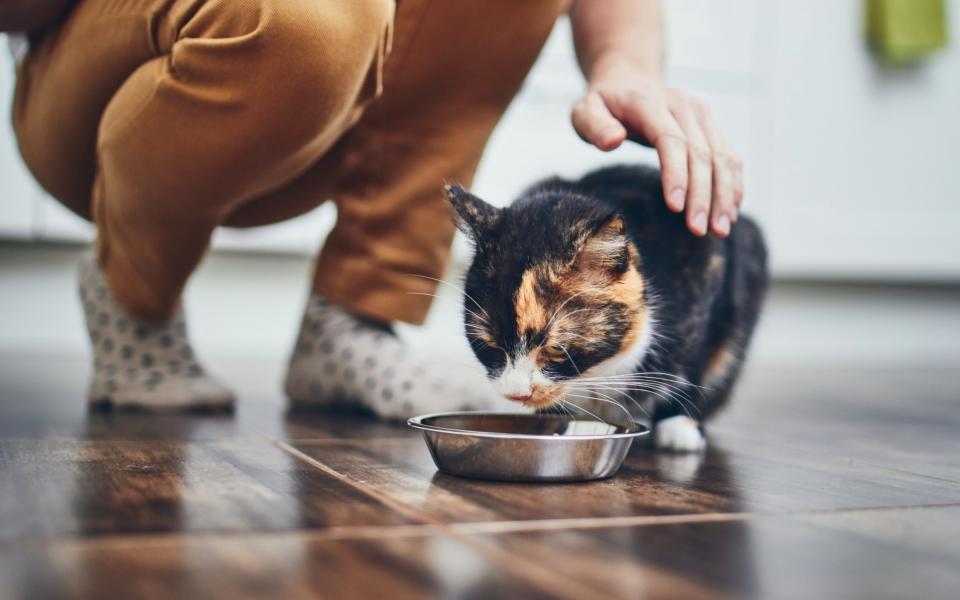Can you ever stop your cat absconding and moving in with another family?

The costly dispute between the psychotherapist and the garden designer over Ozzy the Maine Coon cat is an extreme version of a common occurrence. There’s even an award-winning children’s book based on the idea: “Six Dinner Sid” by Inga Moore. The Sid in the book was a charming, manipulative cat who managed to persuade six different households that they were his owner, wheedling his way to enjoying six dinners every day. He also had six names and enjoyed sleeping in six beds. It was only when he suffered a minor illness that meant he had to go to the vet that his ruse was uncovered.
Some years ago, one of my own cats, a large, handsome Ginger boy called KC, absconded to a neighbour: we had taken on two new dogs, and KC found them irritating. We had done our best to create harmony in our home, but KC made his own mind up: at first, he just missed a few evenings at home, but when this started to happen regularly, we followed him one day and discovered his secret. His new “owners” adored him, and we sadly let him go to them. It was clearly what he wanted.
Cats are independent minded creatures: they do what they want to do. Unless we take physical measures to restrict their activities (and many people do, indeed, keep their cats indoors all the time), they are free to go where they wish. And it can be argued that if they choose to spend time in someone else’s house, perhaps sometimes we should respect that wish.
Studies that analyse the provenance of pet cats show that a surprisingly high percentage have just turned up in people’s gardens. People often don’t go out to get a cat; a cat just appears. And in many cases, perhaps he/she had been someone else’s cat beforehand. It’s only now, in an era of microchip identification and GPS tracking, that we are better able to monitor our cats’ whereabouts.
The fact that the cat in the current saga was a pure-bred Maine Coon cat, with a tangible monetary value, adds another tweak to the story.
So what can cat owners (or cat carers, as perhaps they should be called) do to ensure that their faithless felines stay at home?
It helps to have a cat microchipped with a clear ID tag on their collar: Cats Protection figures show that 73% of cats in England are now microchipped and many people take wandering cats to the vet to have them checked for a chip. If you don’t want to keep your cat indoors all the time, consider cat containment systems such as specialised fencing (e.g. Protectapet.com) designed to keep your cat safely in your own garden.
The saga of Ozzy the Maine Coon does beg the question: what is feline free will?
What if somebody deliberately tempts a cat in to their home, with special treats, warm cosy beds and special cuddles?
Does this add a new meaning to the phrase “grooming a cat?”

 Yahoo News
Yahoo News 